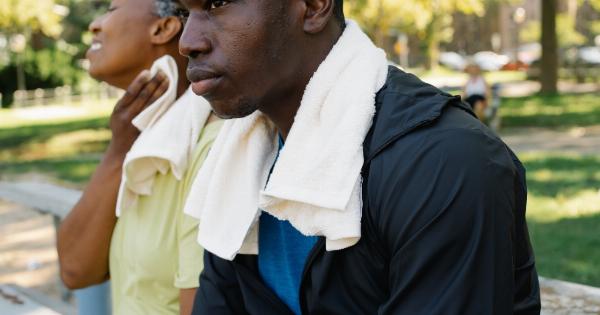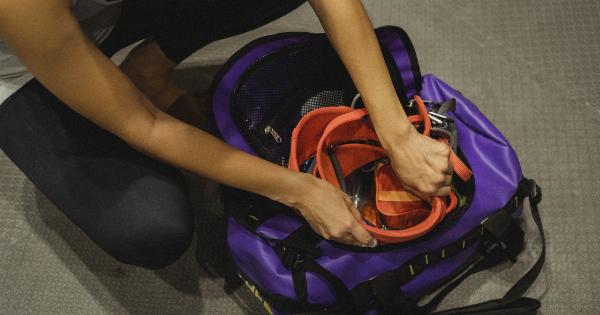Summer is a time for fun in the sun, but it’s also a time when injuries are more common.
Whether you’re enjoying outdoor activities with friends and family or taking a solo adventure, it’s important to be prepared for any medical emergency that might occur. In this article, we’ll take a look at some of the most common summer injuries and how to prevent them or treat them if they happen.
Sunburns
Sunburns are perhaps the most common summer injury. They’re caused by exposure to the sun’s ultraviolet (UV) rays and can range from mild redness to severe blistering.
To prevent sunburns, wear sunscreen with an SPF of at least 30, and reapply every two hours or after swimming or sweating. If you do get a sunburn, apply aloe vera or a cooling lotion. Avoid further exposure to the sun until your skin has healed.
Dehydration
Dehydration is another common summer injury. It can occur when you don’t drink enough water, especially when you’re spending time outdoors in the heat. Symptoms of dehydration include dry mouth, dizziness, headache, and fatigue.
To prevent dehydration, drink plenty of water, even if you don’t feel thirsty. If you’re planning to spend time outdoors, bring a water bottle with you and drink from it regularly. If you do become dehydrated, seek shade or an air-conditioned area and drink water or a sports drink that contains electrolytes.
Heat Exhaustion
Heat exhaustion is a more serious condition than dehydration. It can occur when your body overheats due to prolonged exposure to the sun. Symptoms of heat exhaustion include headache, dizziness, nausea, and weakness.
To prevent heat exhaustion, wear lightweight and light-colored clothing and take frequent breaks in the shade or an air-conditioned area. If you do experience heat exhaustion, move to a cooler place, loosen your clothing, and drink cool water or a sports drink. Seek medical attention if your symptoms don’t improve within an hour.
Swimmer’s Ear
If you spend time swimming in pools or natural bodies of water, you may be at risk for swimmer’s ear. This infection occurs when water gets trapped in the ear canal and creates a moist environment for bacteria to grow.
Symptoms of swimmer’s ear include ear pain and discharge, itching, and redness. To prevent swimmer’s ear, avoid swimming in dirty or contaminated water, wear earplugs, and dry your ears thoroughly after swimming. If you do get swimmer’s ear, see a doctor who can prescribe ear drops to clear up the infection.
Bug Bites
Bug bites are another common summer injury. They can be caused by mosquitoes, ticks, and other insects. While most bug bites are harmless, some can cause an allergic reaction or transmit diseases like West Nile virus or Lyme disease.
To prevent bug bites, use insect repellent, wear long sleeves and pants, and avoid being outside during peak mosquito hours (dawn and dusk). If you do get a bug bite, clean the area with soap and water, apply a cold compress, and take an over-the-counter antihistamine if needed.
Poison Ivy, Oak, and Sumac
Summer is also the season for poison ivy, oak, and sumac. These plants contain oils that can cause a rash, blisters, and itching. To prevent contact with these plants, learn to identify them and avoid touching them.
Wear long sleeves and pants when hiking or camping in areas where these plants grow. If you do come into contact with poison ivy, oak, or sumac, wash the affected area with soap and water as soon as possible and avoid scratching the rash. Apply calamine lotion or hydrocortisone cream to help with itching.
Cuts and Scrapes
If you’re spending time outdoors, there’s always a risk of cuts and scrapes. These injuries can be caused by sharp objects like rocks or broken glass, or by falls or accidents.
To prevent cuts and scrapes, wear closed-toe shoes and protective gear when doing outdoor activities. If you do get a cut or scrape, clean the area with soap and water, apply a bandage or gauze, and monitor for signs of infection like redness or pus.
Broken Bones
If you’re participating in outdoor sports or activities, there’s a risk of a more serious injury like a broken bone. This can be caused by falls, collisions, or other accidents.
To prevent broken bones, wear appropriate protective gear like helmets, knee and elbow pads, and proper footwear. If you do suspect a broken bone, seek medical attention immediately. Until then, immobilize the injured area with a splint or wrap.
Choking
Summer is a time for cookouts and outdoor dining, which can sometimes lead to choking incidents. To prevent choking, cut food into small bites, chew carefully, and don’t speak while you’re chewing.
If someone does start choking, perform the Heimlich maneuver (abdominal thrusts) or seek medical attention immediately.
Drowning
Drowning is a serious risk when swimming or boating in bodies of water. To prevent drowning, wear a life jacket, swim with a buddy, and only swim in designated areas with lifeguards.
If someone does start drowning, call for help immediately and throw them a flotation device if possible.
Conclusion
Summer injuries can range from minor sunburns to more serious conditions like heat exhaustion or drowning.
By following some basic safety precautions like wearing sunscreen, staying hydrated, and taking breaks in the shade, you can prevent many of these injuries from occurring. If you do experience an injury, seek medical attention if needed and monitor for signs of infection or other complications.





























